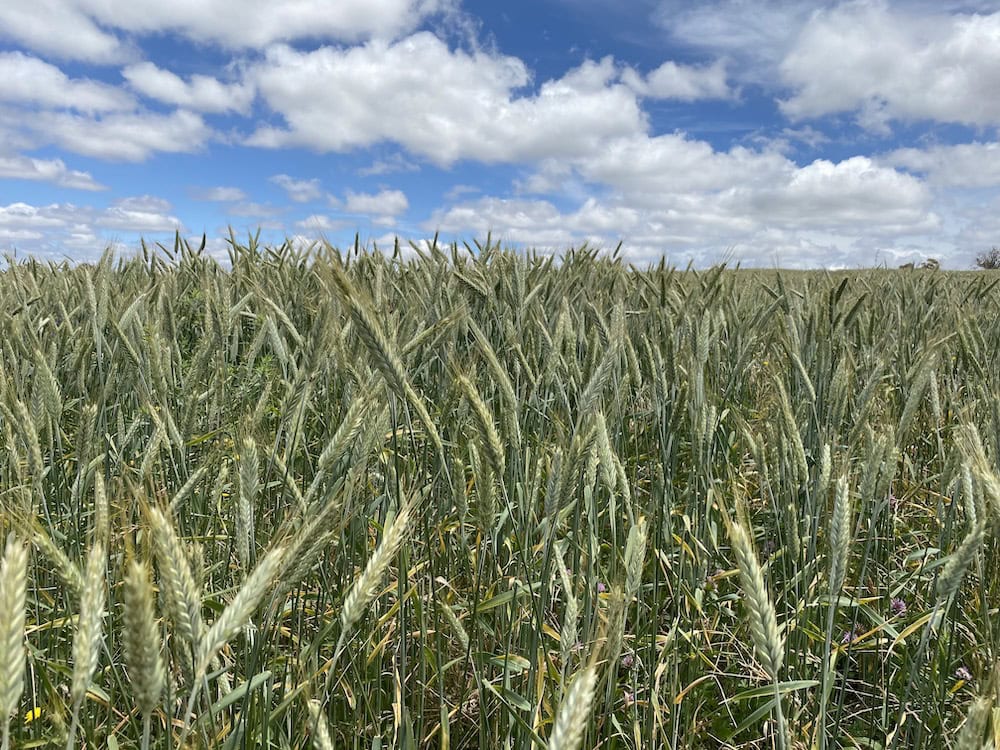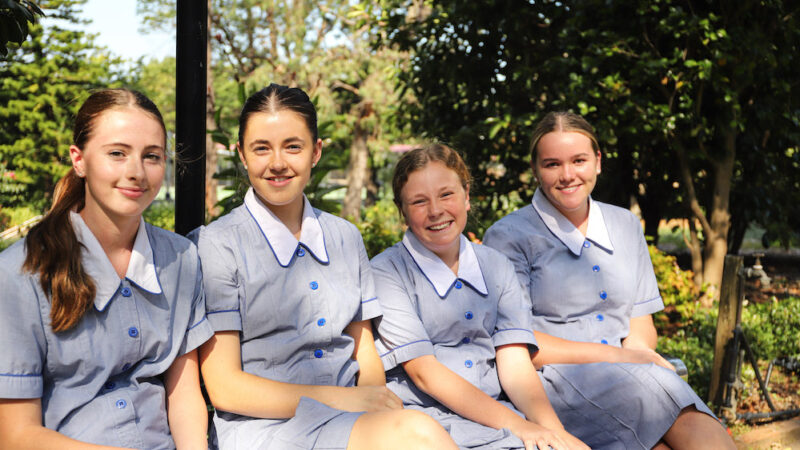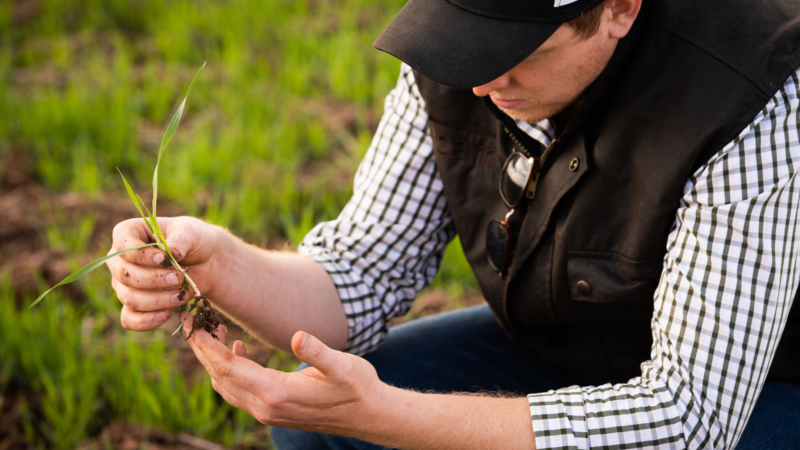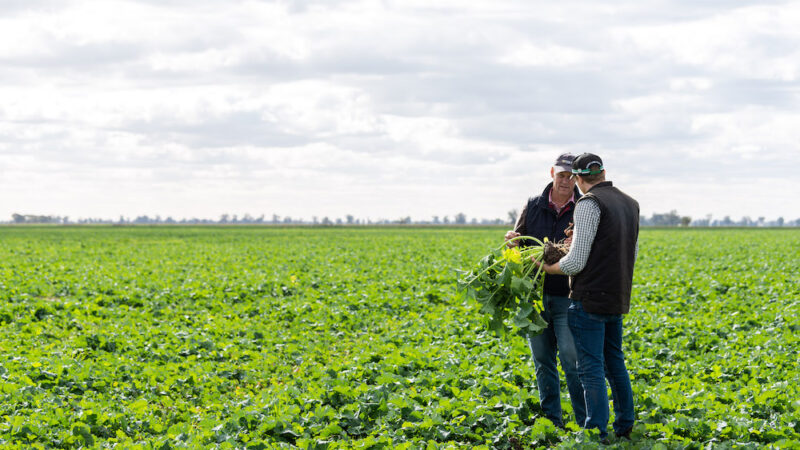Pelletised Compost Improves Triticale Yield

A trial has been conducted by MRA Consulting Group to determine the yield and cost benefits associated with incorporating compost into the soil down the tube of an airseeder.
With funding provided by NSW Environment Protection Authority�s (EPA) Organics Market Development grant, Tim Mendham�s 10 ha property in Barry � 45 min southwest of Bathurst NSW � was selected as the trial location.
The compost was loaded into the airseeder and sowed alongside triticale seed. Three different application rates of compost were used (50 kg/ha, 100 kg/ha and 150 kg/ha) and a control treatment without compost.
The yield from the control treatment was 2.5 t/ha. The highest yield of 8.3 t/ha was achieved through compost application of 100 kg/ha.

At $170/t this results in an additional revenue of about $1,000/ha. In addition to this impressive increase in yield and revenue, improvements in soil health were observed.
Pelletised compost is more expensive than loose compost, costing $450/t compared to $30/t. However, due to the lower moisture content and direct incorporation into the soil, pelletised compost is applied at a lower application rate � 100 kg/ha compared to 10 t/ha for loose compost. As a result, pelletised compost costs $45/ha, compared to loose compost at $300/ha.
�Compost has the proven ability to improve soil health and water holding capacity. This trial has demonstrated higher yield, increased revenue and compost application savings can be achieved from targeted application of pelletised compost,� said MRA Consulting Group�s compost expert Virginia Brunton.
Ask your local compost supplier if they can source pelletised compost.
More information on this trial is available on MRA Consulting Group�s website here.
This trial was supported by the NSW Environment Protection Authority Organics Market Development grant and Australian Native Landscapes.







